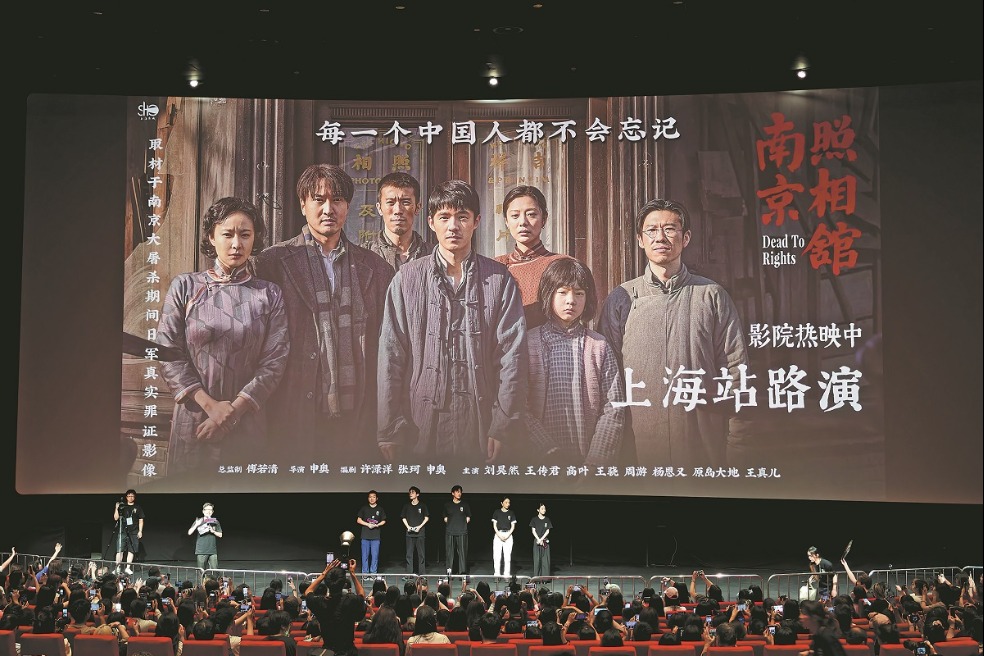'15 percent cut' is 'unique' only for its unrealistic confidence


After Chinese authorities frowned upon security concerns over Nvidia's sales of downgraded H20 artificial intelligence semiconductors to China, the US administration has self-praised its approval of the sales as a "very unique solution" under certain conditions.
Nvidia and AMD, another US tech company, have been permitted to resume the sales of downgraded AI chips to China on the condition that they share 15 percent of the revenue from sales with the US government.
US Treasury Secretary Scott Bessent said the Nvidia and AMD deals could serve as a model for others. "I think we could see it in other industries over time," Bessent said in a television interview on Wednesday. "Right now, this is unique, but now that we have the model and the beta test, why not expand it?"
Yet Bessent's optimism might prove conditional too. To begin with, that Nvidia and AMD accepted the arrangement does not mean other US companies dealing with China will follow suit.
The haste with which the US Treasury chief tried to hail the genius of the move even before the two US companies have started making profit from the arrangement, stems from the US administration's acute need to counter the opposition's charge that its approval of AI chip sales to China will threaten the US' national security.
The administration first highlighted that the chips had been suitably "tailored", leaving no room for security concerns. When that failed to have the desired effect, it threw light on the 15 percent cut, which Bessent emphasized "will go to pay down debt", suggesting it is for the public good.
"If we could make a substantial debt" repayment, that would then allow for discussions about a program for sending money to taxpayers, he said.
But China's cautious approach to the US chips has apparently caught those who were calling the sales a seamless deal unprepared. If Chinese companies don't buy the chips — and they have enough reasons not to do so — the "Nvidia deal" might only prove to be a pipe dream.
When asked about China's wariness, Bessent said "sure, we can discuss that" with the Chinese. "But it also tells me that they are worried about the Nvidia chips becoming the standard in China."
Which is actually not true. Chinese companies have already developed similar AI chips, though with a different structure, which Bessent admitted was what prompted the US administration to revoke the ban on sales of H20 chips to China in the first place.
But Bessent should be reminded why the US' exploitative approach might not work. According to a Reuters report quoting "two people with direct knowledge of the previously unreported law enforcement tactic", US authorities have placed location-tracking devices in targeted shipments of advanced chips they feel have a high risk of being illegally diverted to China.
The tracking devices, typically hidden in the packaging, will detect diversion to destinations that face US exports restrictions, the sources said.
This shows the lengths to which the US is willing to go to enforce its chip exports restrictions on China, even as the US administration seeks to relax some curbs on Chinese access to advanced US semiconductors, as Reuters observed in the report.
The trackers are intended to help build cases against people and companies who profit from violating US exports controls, according to the report.
Location trackers are a decades-old investigative tool used by US law enforcement agencies to track products subject to exports restrictions, such as aircraft parts. They have been used to combat the illegal diversion of semiconductors in recent years, one source said.
If that is true, the US chips' journey to China will certainly become bumpier.


































